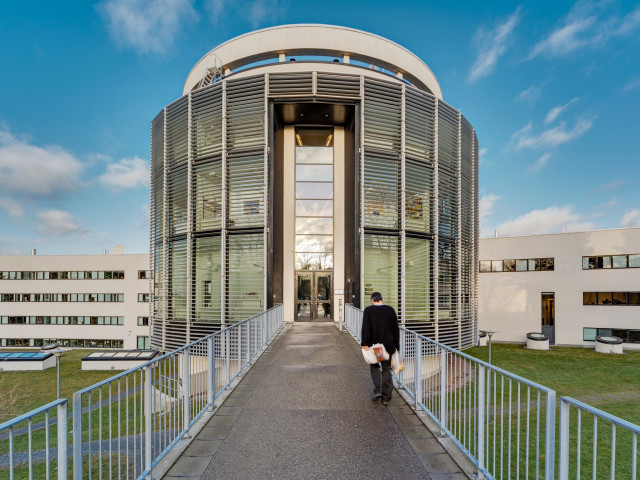SI1120 Thermodynamics, Basic Course 6.0 credits
This course has been discontinued.
Last planned examination: Spring 2023
Decision to discontinue this course:
No information inserted
Content and learning outcomes
Course contents
Thermodynamics: energy estimation, ideal and real gas laws, kinetic gas theory, energy transport through conduction and radiation, entropy, the laws of thermodynamics, the Carnot cycle, heat engines and heat pumps. Physical models and validiy, dimensional analysis, estimation and error analysis.
Intended learning outcomes
After completing the course you should be able to
- explain the concept of energy and how energy can be stored and converted.
- realize the importance of thermodynamics in everday phenomena
- be familiar with the power and limitations of thermodynamic models
Literature and preparations
Specific prerequisites
Mandatory for first year students. Prerequisits: High-school physics and mathematics
Recommended prerequisites
Equipment
Literature
- Young & Freedman, University Physics, chapter 17-20
- Grimvall, G., Basic skills in physics and engineering science, teoretisk fysik, KTH, 2010
- Laboratory instructions.
Examination and completion
If the course is discontinued, students may request to be examined during the following two academic years.
Grading scale
Examination
- LAB1 - Laboratory Work, 1.0 credits, grading scale: P, F
- TENA - Examination, 5.0 credits, grading scale: A, B, C, D, E, FX, F
Based on recommendation from KTH’s coordinator for disabilities, the examiner will decide how to adapt an examination for students with documented disability.
The examiner may apply another examination format when re-examining individual students.
Other requirements for final grade
Written exam (TENA, 5hp), lab part (LAB1; 1 hp)
Opportunity to complete the requirements via supplementary examination
Opportunity to raise an approved grade via renewed examination
Examiner
Ethical approach
- All members of a group are responsible for the group's work.
- In any assessment, every student shall honestly disclose any help received and sources used.
- In an oral assessment, every student shall be able to present and answer questions about the entire assignment and solution.